Lindsay Mitchell
lindsaymitchell.blogspot.com
Lindsay Mitchell has been researching and commenting on welfare since 2001. Many of her articles have been published in mainstream media and she has appeared on radio,tv and before select committees discussing issues relating to welfare. Lindsay is also an artist who works under commission and exhibits at Wellington, New Zealand, galleries.
From Statistics New Zealand, note unemployed numbers at end December 2021:
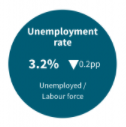
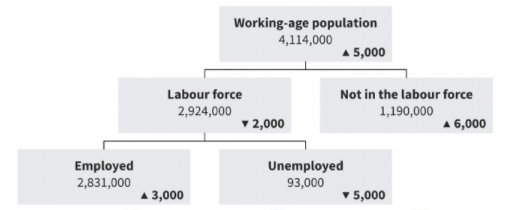
From the Ministry of Social Development note Jobseeker numbers at end December 2021:
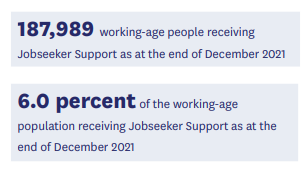
The number on Jobseeker Support (previously known as the Unemployment Benefit) is more than double the number unemployed.
The only conclusion that can be drawn is thousands of Jobseeker beneficiaries are not unemployed.
Technically speaking they do not fit the Stats NZ definition of ‘unemployed’ which is:
– has no paid job
– is working age
– is available for work, and
– has looked for work in the past four weeks or has a new job to start within the next four weeks.
For instance, 43 percent of Jobseekers are not available for work due to illness of some sort.
Some have part-time jobs but still require a benefit.
Nevertheless, there is now a massive gap between the number unemployed and the number on Jobseeker Support.
Let’s travel back four years to December 2017 quarter, directly after Labour became government.
According to Statistics NZ the unemployed numbered 122,700:
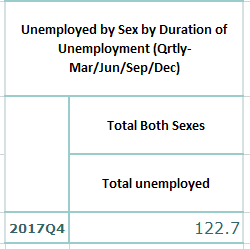
According to the Ministry of Social Development Jobseekers numbered 123,042:
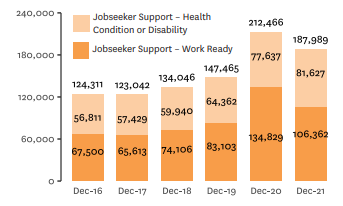
The two numbers were close.
A few people have asked me what is going on.
I can only suggest that under the current government fewer people are defined as ‘unemployed’ because the benefit system allows them to not be. Work obligations are looser and not enforced, and beneficiaries can earn more without their benefit being reduced.
The constant bragging about record low unemployment is cynical. The rate is more likely a result of poor social policy than a ‘booming economy’.

